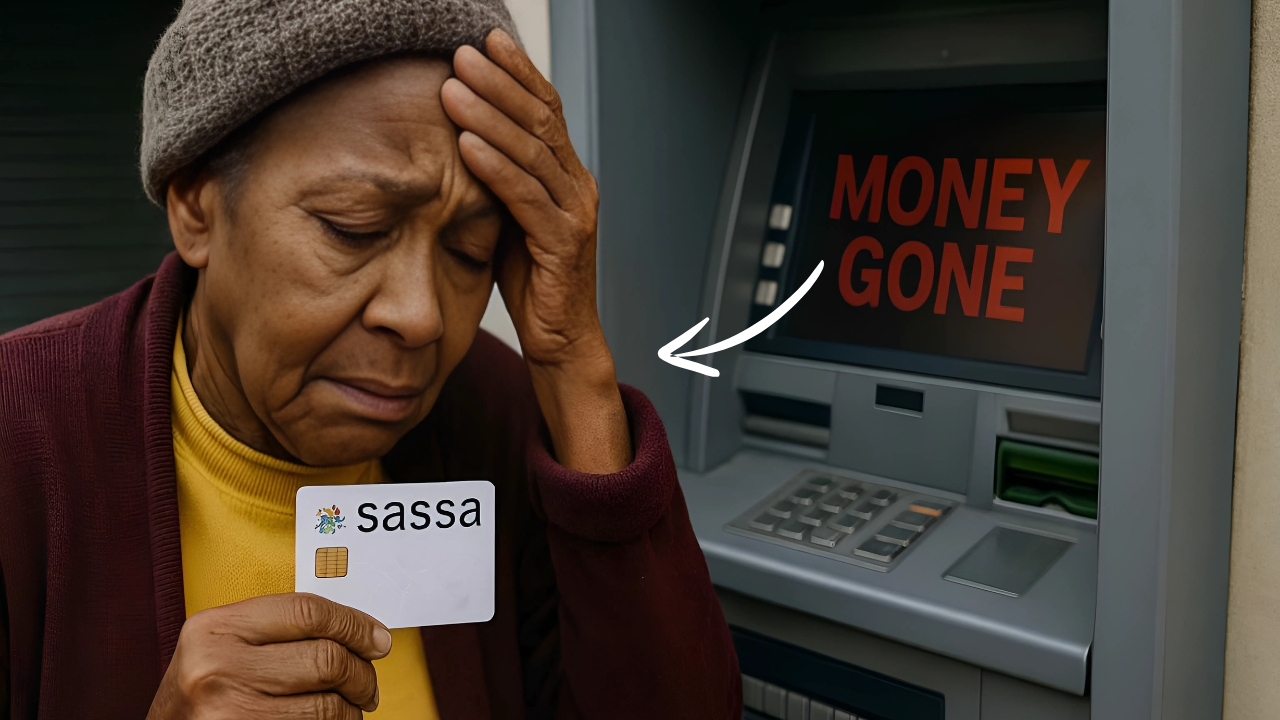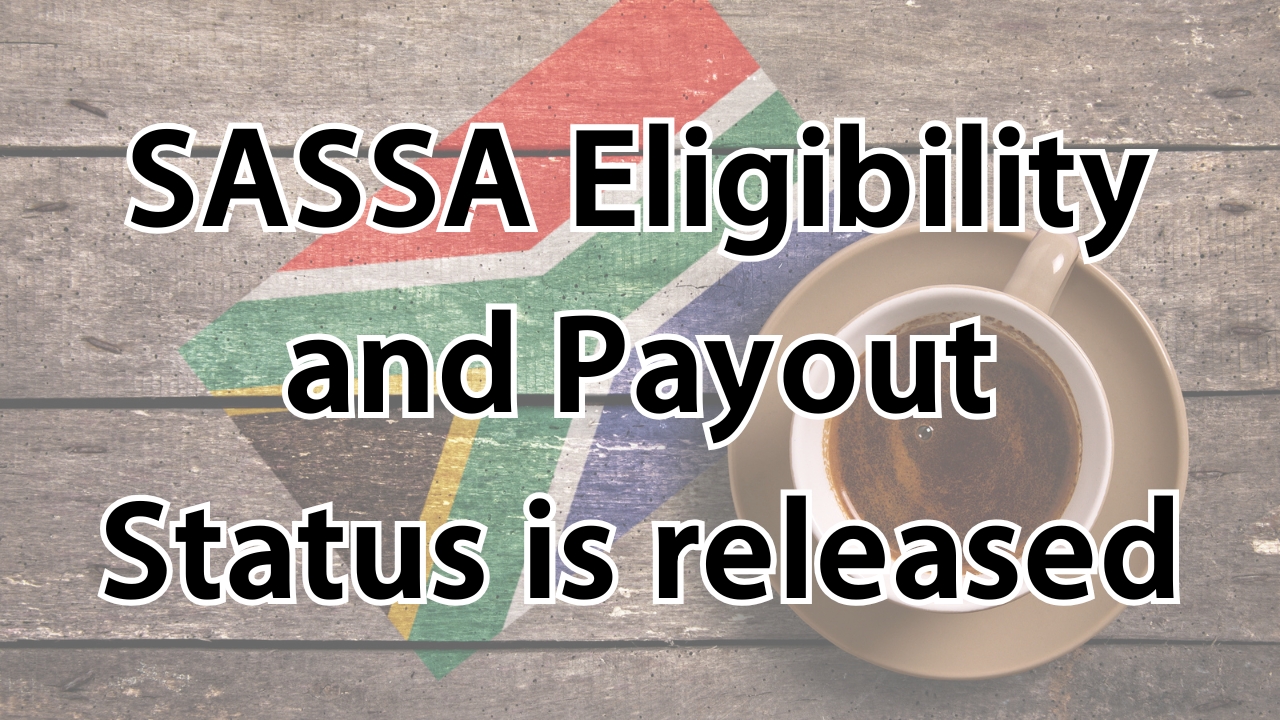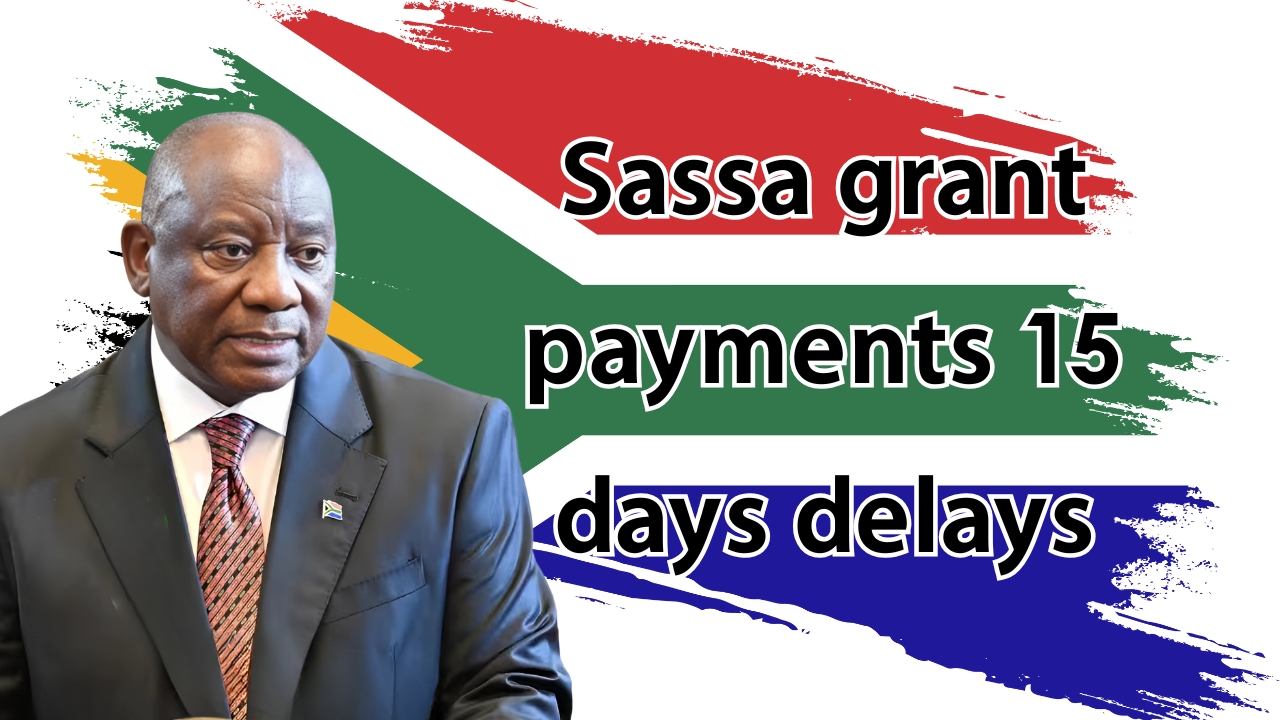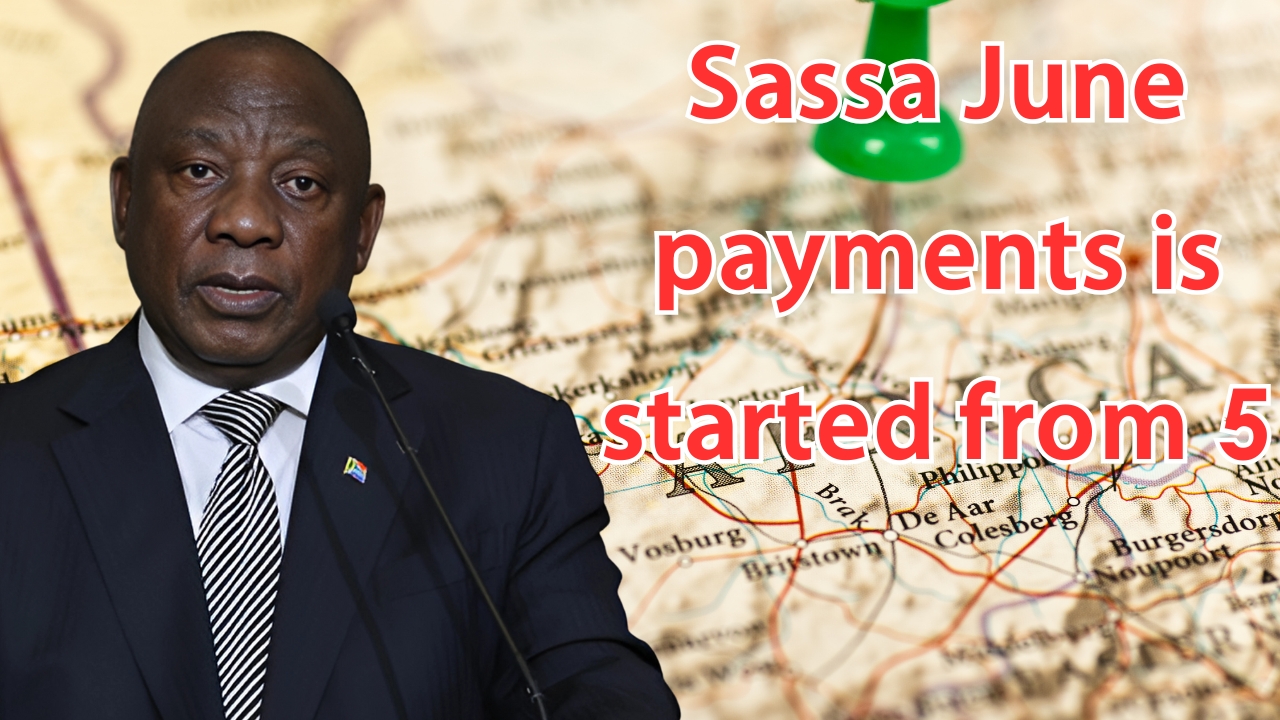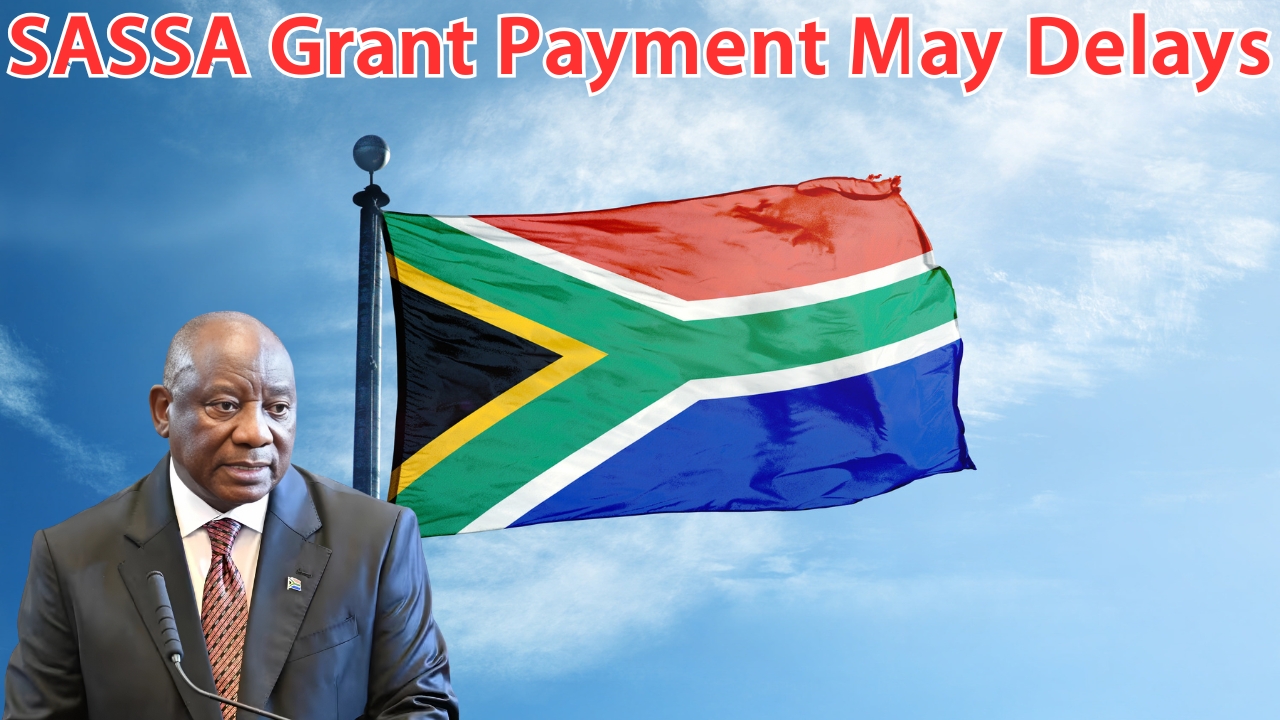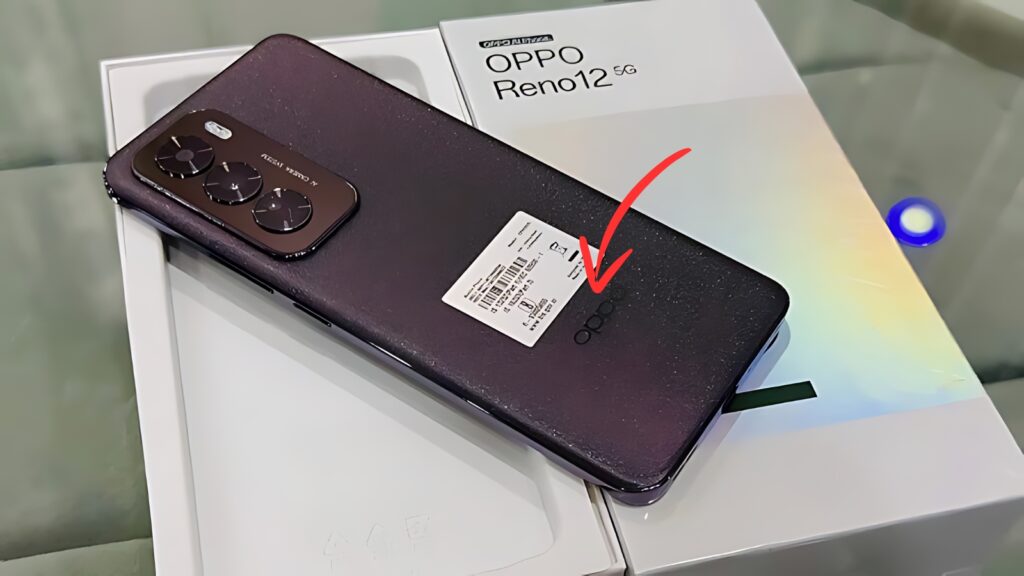The digital age has brought unprecedented convenience to accessing social grants through the South African Social Security Agency (SASSA), but it has also opened new avenues for criminals to exploit vulnerable beneficiaries.
With millions of South Africans depending on SASSA grants for their daily survival, fraudsters have intensified their efforts to steal personal information, grant payments, and banking details through increasingly sophisticated scam tactics.
Recent warnings from SASSA and Postbank highlight a surge in fraudulent activities targeting both black Postbank cards and gold SASSA cards.
Understanding these threats and implementing protective measures has become essential for every grant beneficiary seeking to safeguard their financial security.
The Rising Threat of Door-to-Door Card Fraud
One of the most alarming trends emerging in 2025 involves fraudsters conducting elaborate door-to-door scams targeting SASSA beneficiaries.
These criminals have adopted professional appearances, often wearing what appears to be official Postbank uniforms and arriving in branded vehicles to create an illusion of legitimacy.
The scam typically unfolds when these imposters visit beneficiaries’ homes unannounced, claiming to represent Postbank or SASSA.
They create artificial urgency by suggesting that the beneficiary’s card requires immediate fixing or that future grant payments will be suspended unless they hand over their cards and PIN information.
This psychological manipulation preys on beneficiaries’ fears of losing their essential financial support.
Postbank has categorically stated that no issues exist with any SASSA gold or black Postbank cards, and these cards remain fully operational beyond May 31, 2025.
The organization emphasizes that legitimate representatives would never conduct unsolicited home visits or request PIN information under any circumstances.
Digital Deception Through SMS and Email Campaigns
The digital landscape presents another battlefield where scammers deploy sophisticated tactics to deceive grant beneficiaries.
Fraudulent SMS messages and emails have become increasingly common, with criminals creating communications that closely mimic official SASSA correspondence.
These deceptive messages typically contain urgent warnings about grant suspensions, verification requirements, or account problems that demand immediate action.
They often include malicious links directing recipients to fake websites designed to capture login credentials, personal information, and banking details. The sense of urgency embedded in these messages aims to bypass rational thinking and prompt immediate compliance.
Recipients should recognize that authentic SASSA communications never request sensitive information through unsolicited messages.
The official SASSA website remains the only secure portal for grant-related transactions, and beneficiaries should manually navigate to this site rather than clicking links received through external communications.
WhatsApp Exploitation and Social Engineering
WhatsApp has become a particularly fertile ground for SASSA-related scams, with fraudsters leveraging the platform’s widespread adoption and trusted nature.
These scams often involve criminals offering assistance with grant applications, promising expedited processing, or claiming to represent SASSA support services.
A concerning trend involves fake grant opportunities, where scammers circulate messages about fictional R700 grants or special bonus payments available to “bonafide citizens.”
These messages typically request personal information for application purposes, leading to identity theft and potential grant hijacking.
The appeal of these scams lies in their exploitation of genuine economic hardship. By targeting individuals already struggling financially, criminals leverage desperation to overcome natural skepticism.
However, beneficiaries must remember that legitimate SASSA processes never require assistance from third parties or payment of fees.
ATM and Payment Point Vulnerabilities
Physical locations where beneficiaries access their funds present additional security challenges. Scammers often position themselves near ATMs and payment points, observing beneficiaries’ transactions and looking for opportunities to exploit.
Common tactics include offering unsolicited assistance, creating distractions during transactions, or claiming to provide card cleaning services.
Some criminals use sophisticated card-swapping techniques, replacing legitimate cards with compromised devices designed to capture account information.
Protection at these locations requires constant vigilance. Beneficiaries should always shield their PIN entry, decline assistance from strangers, and immediately report any suspicious individuals loitering around payment facilities.
Systematic Fraud Within SASSA Infrastructure
Recent investigations have revealed disturbing evidence of large-scale systematic fraud within the SASSA grant system itself.
Computer science students from Stellenbosch University uncovered evidence suggesting that fraudulent applications may represent up to 90% of submissions for certain demographic groups.
This systematic fraud involves criminals using stolen identity information to submit applications for individuals who never applied for grants themselves. The scale of this fraud suggests organized criminal networks rather than individual opportunistic acts.
The discovery highlights fundamental vulnerabilities in SASSA’s verification systems and raises serious questions about the agency’s ability to protect beneficiary information and prevent unauthorized access to grants.
Essential Protection Strategies
Protecting yourself from SASSA scams requires adopting multiple layers of security awareness and practical precautions.
First and foremost, never share your PIN with anyone, regardless of their claimed authority or emergency circumstances. Legitimate SASSA and Postbank officials will never request this information.
Verify the authenticity of any communication claiming to be from SASSA by contacting the agency directly through official channels.
The SASSA fraud hotline at 0800 60 10 11 provides immediate assistance for reporting suspicious activities and verifying legitimate communications.
Maintain exclusive control over your grant application process. Never allow third parties to apply for grants on your behalf or provide assistance with online applications.
The SRD grant application process has been designed for individual completion and does not require external assistance.
Immediate Response Protocols for Fraud Victims
If you discover that you have become a victim of SASSA fraud, immediate action can minimize damage and prevent further exploitation.
Contact SASSA immediately through their toll-free helpline to report the incident and request account security measures.
Gather essential documentation including a completed SASSA fraud affidavit form, certified copies of your identification documents, and copies of your SASSA card. Submit these documents to both SASSA and Postbank to initiate fraud investigation procedures.
Report the criminal activity to your local police station to create an official record of the fraud. This documentation may prove valuable for potential restitution efforts and helps authorities track fraud patterns.
Building Community Awareness and Defense
Protecting the broader SASSA beneficiary community requires collective vigilance and information sharing.
Communities should organize awareness sessions to educate residents about evolving scam tactics and encourage reporting of suspicious activities.
Establishing neighborhood watch programs specifically focused on identifying and reporting SASSA-related fraud can provide additional protection for vulnerable community members, particularly elderly beneficiaries who may be more susceptible to sophisticated scams.
SASSA scam alert, Don’t Share your OTP and Password
Implementing basic cybersecurity practices enhances protection against digital fraud attempts. Enable two-factor authentication on all devices, use strong and unique passwords for online accounts, and keep software updated to address security vulnerabilities.
Install reputable antivirus software and avoid downloading applications or clicking links from unknown sources. Regularly monitor bank statements for unauthorized transactions and report discrepancies immediately.
The fight against SASSA fraud requires constant vigilance, community cooperation, and individual responsibility.
By understanding these threats and implementing comprehensive protection strategies, beneficiaries can significantly reduce their vulnerability to criminal exploitation while helping protect the broader community from these increasingly sophisticated scams.
